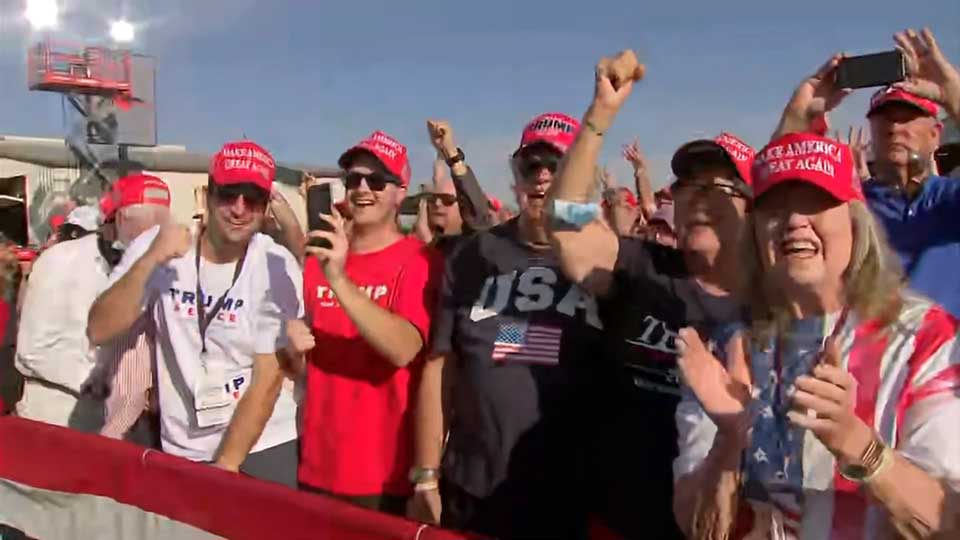A 2017 report by the American Association for Public Opinion Research includes a detailed analysis of what went wrong. One of its authors, Charles Franklin, a professor at Marquette University, says while national polling was accurate, there were errors in state-level polls, particularly in crucial swing states, including Michigan, Pennsylvania and Wisconsin.
The US president is not determined by the nationwide popular vote but by what's known as the Electoral College, a process in which electors are allocated to each state and Washington DC. Most states follow a system in which the winner takes all of the state's electors, so winning battleground states is key to securing the White House. On the day before the 2016 election, a Marquette University poll showed Clinton with a six-point lead in Wisconsin.
Franklin posits that the accuracy of these polls was compromised because the methodology did not account for voters' education levels. Poll respondents tend to be college graduates and studies now show that a large percentage of people with high school diplomas voted for Trump in 2016. Polls at the time failed to capture that support, and instead indicated large leads for Clinton. But Franklin says pollsters have learned from their mistakes and have adjusted their methods to improve accuracy ahead of the 2020 election.

Another reason often cited for polling errors in 2016 is "Shy Trump voters" -- voters who supported Trump without publicly revealing their preferences. Robert Cahaly, a strategist and pollster with the Trafalgar Group, highlighted the existence of Shy Trump voters in the run-up to the last election, suggesting they gave Trump the upper hand.
He says these voters are characterized by what is known as Social Desirability Bias. This leads them to give answers to polls they believe are socially acceptable, even if they diverge from their own opinions.
"In the last election, growing criticism over Trump's statements and behavior made it harder to say that they support Trump, which led to the 'Shy Trump' votes," Cahaly says. "It was more socially acceptable to agree with the criticism."
Cahaly predicts there will be more Shy Trump voters this year: "They don't want to be judged, and the number of those people has probably very much increased."
But the report by the American Association for Public Opinion Research found that undecided voters distorted polls more than the Shy Trump voters.
According to a 2016 National Election Pool survey, up to 13% of voters were undecided until right before election day. That represents an 8-point increase compared to the previous election in 2012. Exit poll analysis found that many people from this group in swing states like Pennsylvania and Wisconsin ended up voting for Trump.
But Courtney Kennedy, director of survey research at the Pew Research Center, says that's unlikely to happen again this year.
"There is a big difference between 2016 and 2020, which is that we now have an incumbent on the ballot in Donald Trump whereas in 2016, Donald Trump and Hillary Clinton were both well-known, but no one knew exactly what they would be like as a president," she says. "I think it is reasonable to think that undecided voters will be unlikely to be as big of a factor as they were in 2016."
On election night in 2016, Professor Franklin was in the New York studios of the ABC television network, providing analysis as the results came in. He says his experience that night reminded him that we should not rely on polls to predict the winner in a very close race.
"Don't turn the polls into the ultimate thing you can use to think about the election," he says. "It is an important lesson to citizens that you should decide your vote based on your own preferences, not what the polls or the forecasts are saying."

